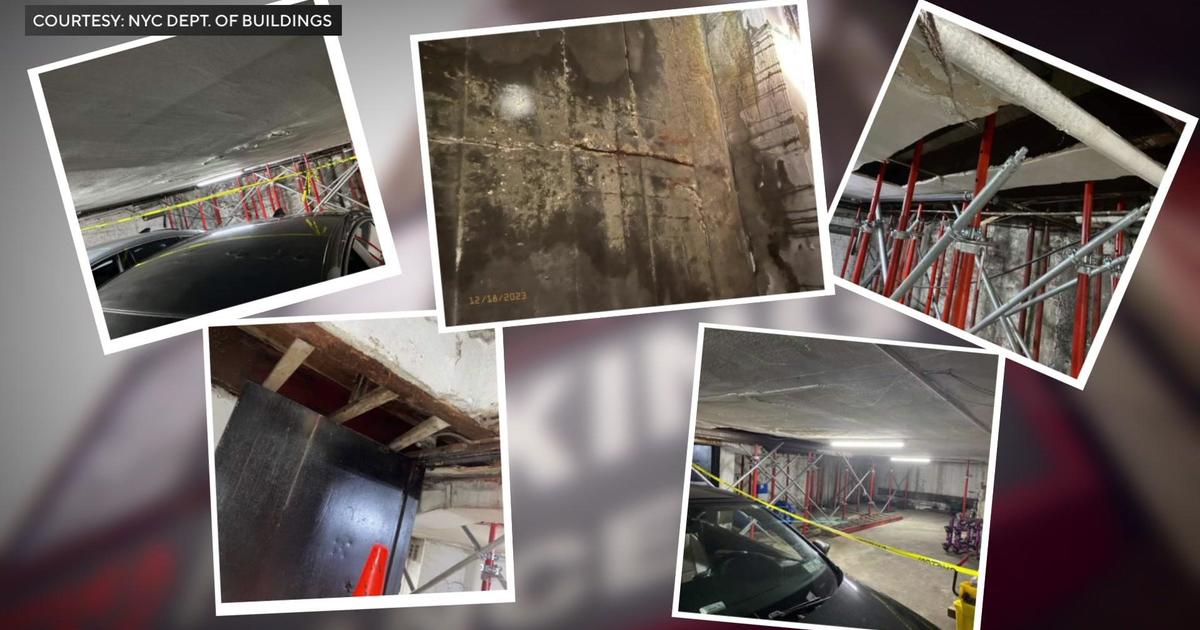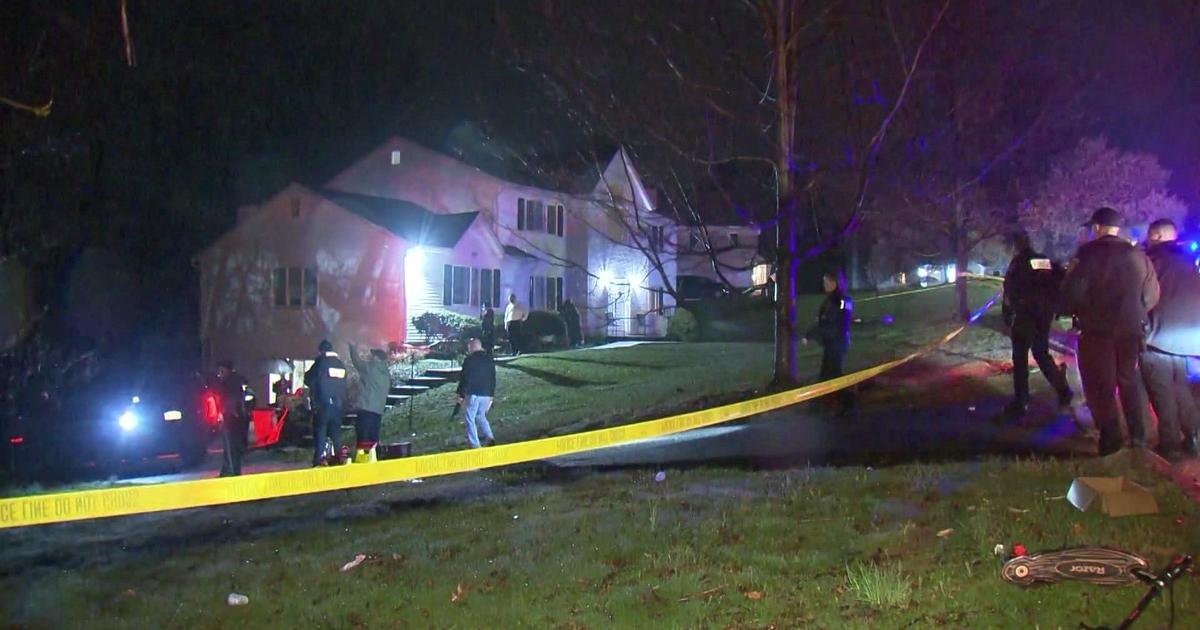Study Finds Increased Rate Of 3 Types Of Cancer Among 9/11 Recovery Workers
NEW YORK (CBSNewYork) -- The most comprehensive study on whether the toxins in the air at ground zero after 9/11 are linked to cancers is unlikely to end the debate over health questions.
The dust, smoke and debris from fires and pulverized buildings released tons of toxic substances, including known and suspected carcinogens.
But after following more than 56,000 survivors, researchers from the New York City Department of Health and Mental Hygiene found something surprising.
"In both the rescue recovery workers and the non-rescue recovery workers, we did not find any different overall cancer rate from what we determined from the background rate from the New York State Cancer Registry," Dr. Steven D. Stellman told CBS 2's Dr. Max Gomez.
But the study in the Journal of the American Medical Association looked deeper and found there were some specific cancer increases.
"Only in the rescue recovery workers, we found a significantly increased rate of three types of cancer -- prostate cancer, thyroid cancer and a blood cancer called multiple myeloma," Stellman said.
First responder advocate John Feal welcomed the results of the study, but with reservations.
"It's a study through 2008, so it doesn't really show the true landscape and the devastation that these cancers have caused, because you have another four years to catch up," Feal told WCBS 880's John Metaxas.
WCBS 880 John Metaxas Reports
Podcast
The conclusion about prostate cancer is particularly significant, according to Feal.
"The thyroid cancer and the multiple myeloma is included in the bill, prostate's not," he said.
His hope is that Dr. John Howard of the National Institute for Occupational Safety and Health can be convinced to allow first responders to be compensated for prostate cancer under the Zadroga Act.
Prostate and thyroid cancers were also elevated in New York City firefighters, suggesting that cancer is fundamentally different from other 9/11-related diseases.
"Most solid tumors have a very long latency period and many don't appear for many years or decades after the initial exposure," Stellman said.
"What's most important here is that it's still early. Cancer could take up to 20 years to develop and so we're going to have to continue to watch this over the long term to see whether those three increases continue and to see what happens with overall cancer rates," New York City Health Commissioner Dr. Thomas Farley told 1010 WINS.
For more than 10 years, the World Trade Center Health Registry has followed the emotional and physical health of 9/11 rescue and recovery workers, residents and visitors to lower Manhattan at the time of the attack.
"Cancer is common. Most of the cancers that have occurred so far would have occurred anyway. So what we're looking at is whether there is any increase in risk that's associated with this exposure," Farley said. "One of the possibilities for why we had increases in these three sites is that these people are being tested more often and so cancers might be diagnosed in them, whereas other people, they might have been missed."
But researchers caution that because the total number of cancers so far is still small and the follow-up time is relatively short, the numbers and conclusions could change.
Share your thoughts on the study in the comments section below...



